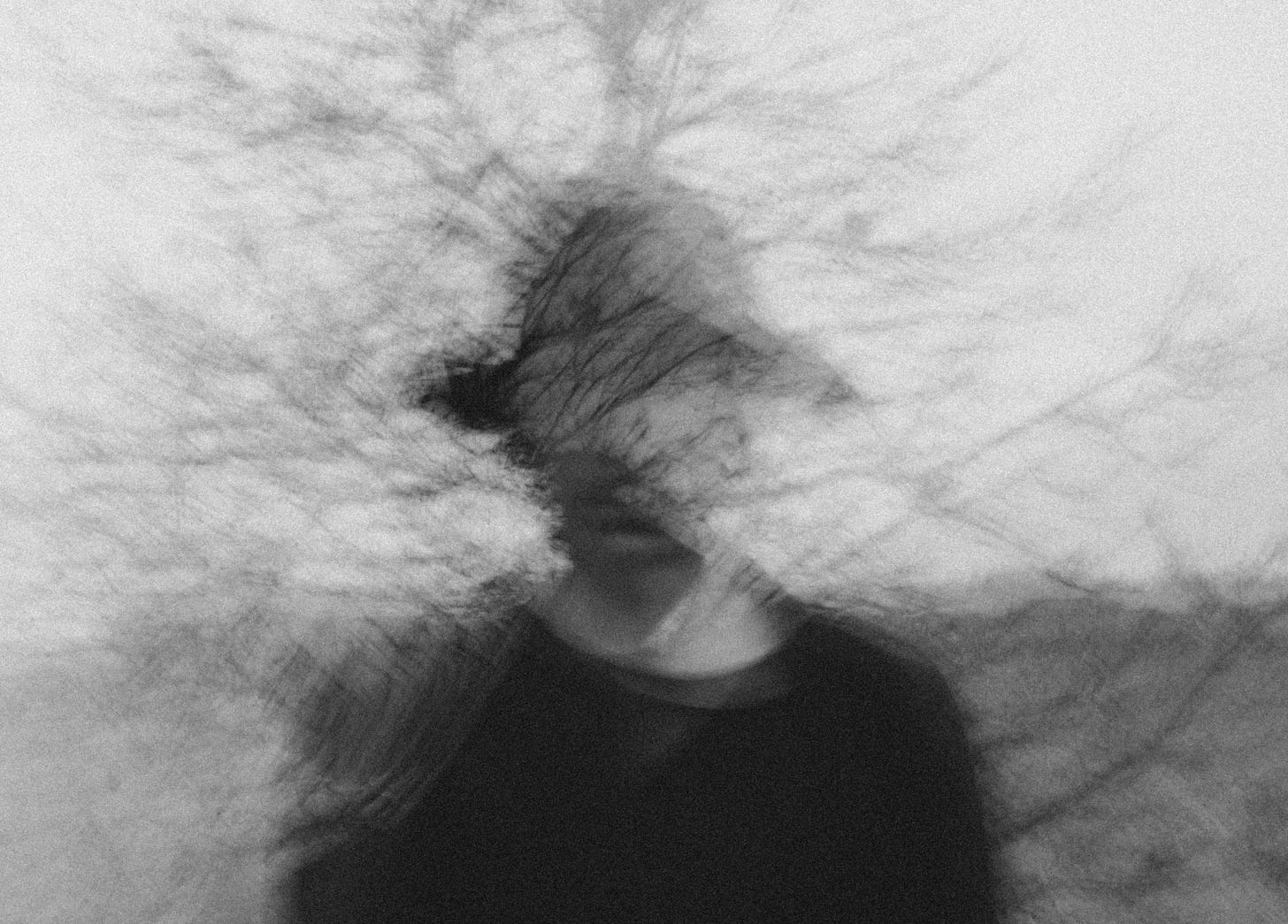My Headache and God
Knowledge vs Realization
Some 10 years after school, we met again - two school friends, he a doctor now and I, an engineer.
It was around this time that my mind was filled with ideas about God and Advaita Vedanta. I had recently finished the Selected Works of Vivekananda. And I had finished reading his biography. I was impressed by the fierceness and conviction of his thoughts. And my mind was at the height of excitement with this newfound knowledge. I still have that book, full of my highlighted marks — at one point, it was my Bible, the place I returned to again and again for answers to my questions.
So, what better topic to talk about than spirituality, meditation, the Oneness of creation, and stuff like that?
So he listened to me intently. And at one point, he looked at me and said: “Have you ever wondered where your God and meditation go when you have a strong headache?”
This was a totally unexpected question. I had never thought of it before. And frankly, I was a little taken aback by this question.
I don’t recall the rest of our conversation very well. We parted after the last cup of tea. But after that, every time I got a headache or felt sick, I quietly thought about what he had said. Which emotion takes over me when I have a headache? Do I think about my headache or God? What happens to my peace? And I realized, with great sadness, it was the headache that occupied all of my mind.
What does this mean, I asked myself. It means, I am guessing, it is easy to talk about spirituality and God. We all do that. But realization is quite far away.
Just like the 9th-century Zen monk Linji says in his Record of Linji:
“The moment you open your mouth, you are already way off.”
True. In some way, our eagerness to talk indicates our thoughts are unsettled, and our practice is not deep enough. When the soul has not been to that depth, knowledge is just knowledge - just some talk.
It is impossible to remember God, or whatever we call that silent energy, during the troubled times. That headache takes over us. At such moments, that headache becomes so big and occupies all of our minds, leaving almost no room for God.
So yes, my friend was right.
As my favorite poet Kabir sings:
“जब मैं था तब हरि नहीं
अब हरि है मैं नाहिं
प्रेम गली अति सांकरी
तामें दो न समाहीं”
Such a great mystery of the mind expressed in so few words. That’s the power of poetry, I guess. It’s a little sad when you cannot understand and enjoy the poetry in its original language.
Here’s a rough translation that does a pretty good job:
“When I was, God was not.
Now God is, and I am not.
The path of love is very narrow -
Two cannot walk on it together.”
Now fast forward some 20-25 years later. What has changed? What has changed is the realization that the more I practice, the longer the path seems to be.
Different emotions float inside - happiness, pain, and sadness. Sometimes anger and fear take over the mind - just like before.
And I can hear a silent whisper inside: “Still not there!”
I can now smile at all the knowledge accumulated along the way, which helps, but does not do much to get to the place where I want to be. But knowledge can also be a web you create and now you are stuck in that web forever - thinking, contemplating and philosophizing - but unable to get out.
But yes, sometimes there is a glimpse, a light, a ray of happiness shining at a distance ... revealed during the complete quietness of mind. When the barking dogs do not bother anymore, and the neighbor’s rattling dishes do not rattle the mind anymore. They just become sounds happening somewhere far away - nothing to do with me. At such moments, it seems all the waves in the mind have calmed down.
Such precious moments! Difficult to describe.
And, interestingly, during such moments, you realize that the urge to talk has vanished. Now it’s the silence that occupies the mind, leaving little room for the chatter and thoughts. You just want to stay with that quietness.
But sadly, that moment of happiness quietly slips away. When you open your eyes, the same world is waiting for you.
“Fine!” I silently say to myself. Still a long way to go. But I shall keep on walking. Maybe the path is the goal.


